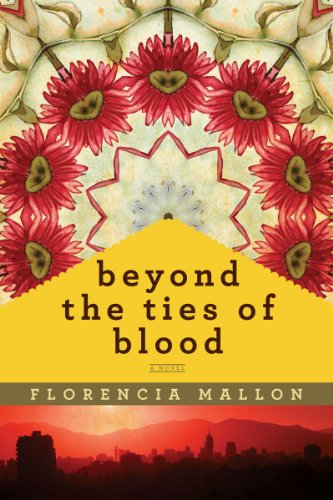Beyond the Ties of Blood
Being too warm is a small price to pay for Boston academic Eugenia Aldunate. She wears long sleeves at all times, to preclude her journalism students asking distressing questions about the purple marks on her arms. She doesn’t need help recalling the 1973 Chilean junta, in which she was arrested with her activist boyfriend, Manuel. A desaparecido, he was never heard from again; she was tortured, but released and exiled to Mexico in time to have her daughter born a Mexican citizen.
Eugenia tries her best to keep Manuel’s memory alive for Laura. But in 1990, reforms in Chile bring a government official to Boston to ask Eugenia to return and testify for the Truth Commission about what happened to her and Manuel. The trauma of testifying, plus reconnecting Laura with her Chilean relatives, leaves Eugenia facing an unwelcome truth about her past, and having to decide to which culture she really belongs.
Mallon skillfully negotiates the reader through multiple viewpoints and time periods without confusion. Readers would expect to sympathize with the prisoners’ pain and suffering, but the book especially brings to life the junta’s effects on those not directly imprisoned: Laura feels rootless being raised in Mexico, the U.S., and now Chile. Eugenia’s mother got to hold infant Laura only once, and now she’s confronted with an unknown teenage granddaughter. Manuel’s parents seek some measure of solace in Laura, and by working to uncover the truth behind what happened to him. The book has a cast of very strong and memorable characters in a turbulent period of history, and I found it hard to put down. I’m now inspired to find out more about Chile’s past.










